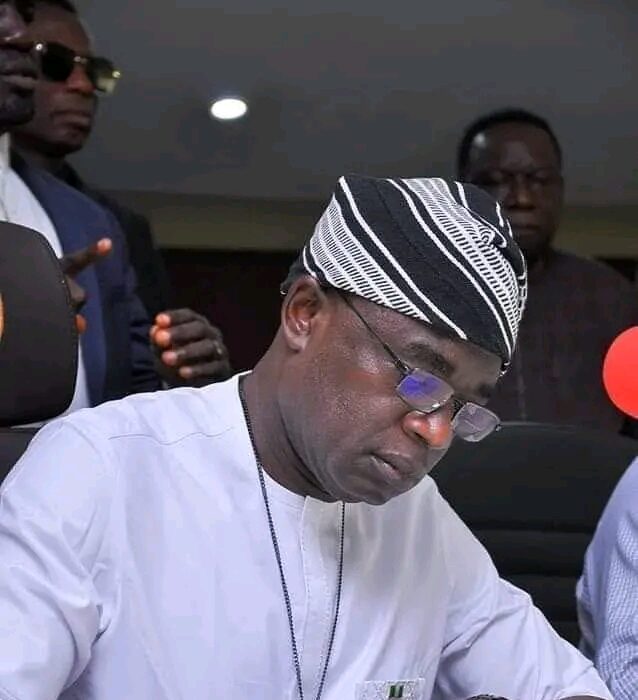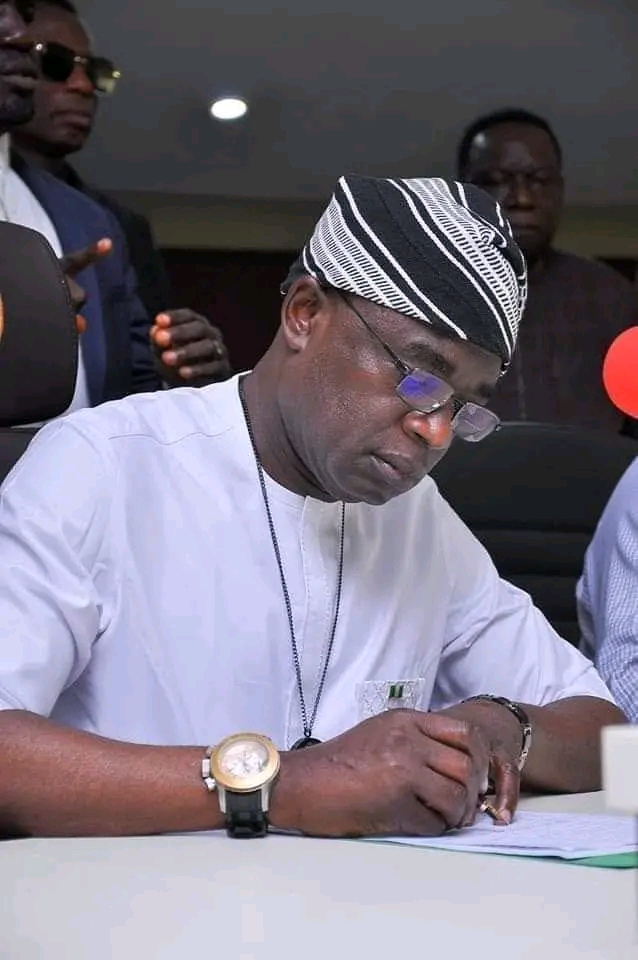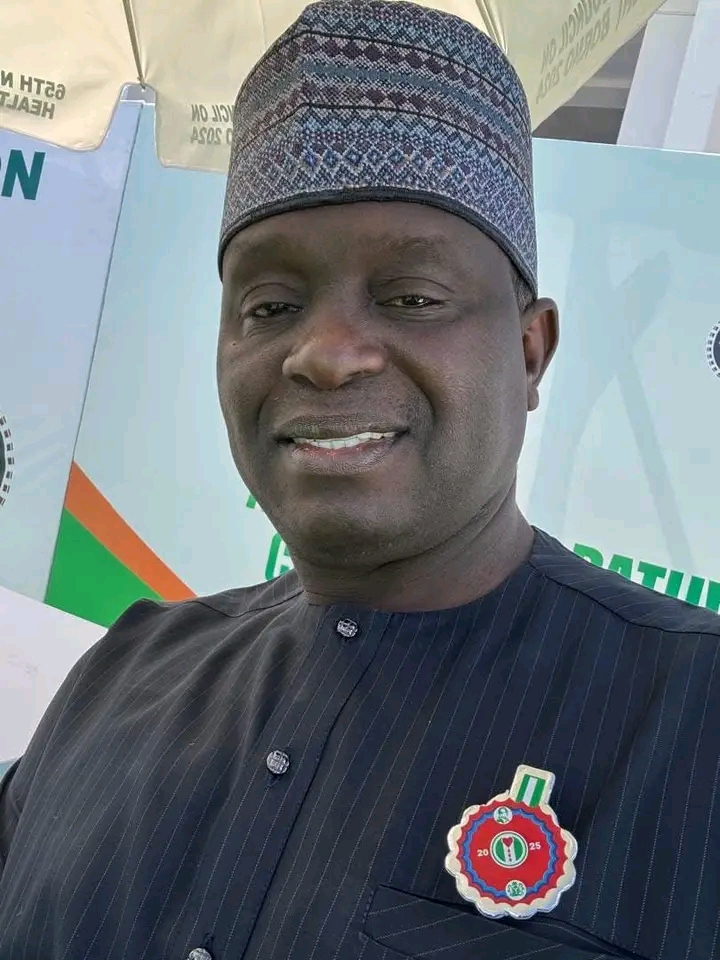Join our WhatsApp channel HERE for the latest Benue news and updates!
A scathing social media post has accused Benue State Governor, Rev. Fr. Hyacinth Alia, of political deceit and public humiliation in his treatment of Dr. Ortese Yanmar, a respected medical professional and lawmaker. According to the post, Governor Alia allegedly manipulated Dr. Yanmar into resigning not only from his position as a member of the Benue State House of Assembly but also as Principal Officer (Chief Whip) — only to appoint him Commissioner for Health under what is now described as false pretenses.
Despite the governor’s public promise to elevate Dr. Yanmar to the health portfolio, the post claims the appointee was “effectively caged,” receiving little to no financial support during his two-year tenure. It alleges that Dr. Yanmar never handled up to five million naira in cash throughout his time as commissioner — a stark contrast to his legislative colleagues, who reportedly earned hundreds of millions within the same period.
The most damning accusation centers on the dissolution and reconstitution of the state cabinet. Initially, Governor Alia had no plans to reappoint Dr. Yanmar. It was only after intense lobbying by stakeholders that he was brought back — but not to Health. Instead, he was reassigned to the Ministry of Cooperatives and Rural Development, a move widely seen as a demotion and a deliberate act of humiliation.
Adding insult to injury, the governor appointed Dr. Stephen Terungwa Hwande — Dr. Yanmar’s junior in the medical profession — as the political leader of Guma Local Government. This, despite Dr. Yanmar being the highest-ranking political appointee from Guma LGA in the Alia administration and a sitting lawmaker before his forced resignation.
The post describes Dr. Yanmar as “a nice man” caught in a web of political betrayal, lamenting that his situation is “very pathetic.” It ends with a personal plea: “Only if he had listened to my advice!!!”
While the allegations remain unverified and represent one side of a clearly heated political narrative, they have ignited fierce debate online about loyalty, reward for service, and the use of political appointments as tools for control or punishment in Benue politics. Supporters of the governor may view such reshuffles as strategic governance decisions, but critics see a pattern of broken trust and public disgrace.
As the 2027 elections loom, stories like Dr. Yanmar’s are fueling discontent among political elites and grassroots supporters alike, raising questions about internal party cohesion and the true cost of blind loyalty in Benue’s evolving political landscape.


















